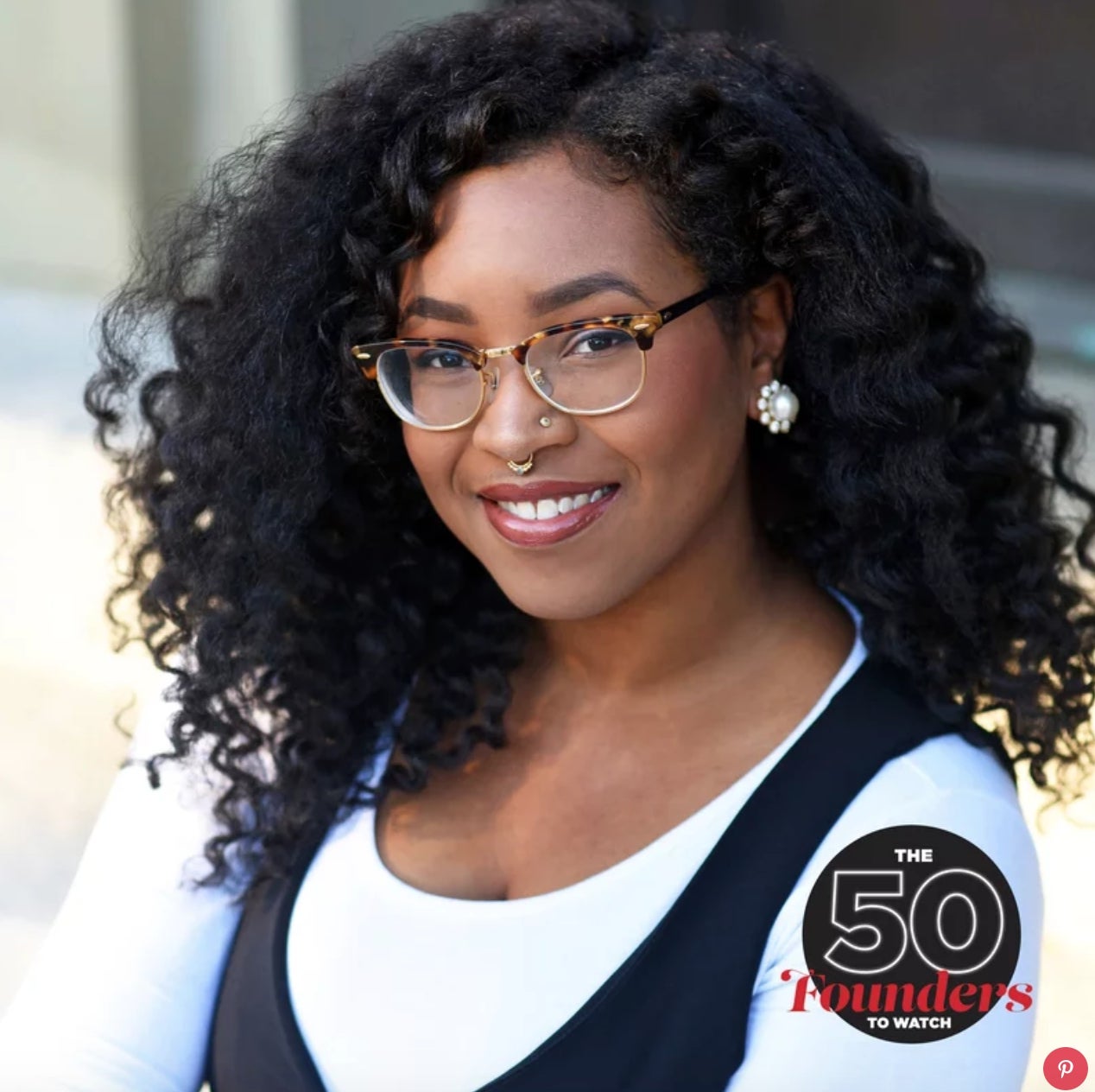
ESSENCE is proud to celebrate extraordinary Black women who are breaking glass ceilings as flourishing entrepreneurs with compelling backstories. Join us as we highlight a few of the 50 women featured in our November 2017 issue and chat with them to find out more about how they got to where they are now and what advice they have for other young women looking to follow in their footsteps.
This week, we focus on Yelitsa Jean-Charles of Healthy Roots.
Q: What kind of company do you own?
Healthy Roots is a toy company that creates dolls and storybooks that teach natural hair care to young girls of color. Our dolls come in different skin tones, facial features and hair textures to show the beauty of all black girls. We also have books that function as illustrated guides on how to do natural hairstyles. I created this company so girls could have the dolls that I didn’t have growing up.
Q: What advice do you have for anyone dreaming of having their own business?
Don’t say no before you can say yes. It’s so easy to write off an idea or convince yourself not to pursue an opportunity before you give it a chance. Also, it takes three steps to do something: 1) Figure out what you want to do. 2) Figure out how to do it. 3) Do it.
Q: As an entrepreneur, what is the smartest decision you’ve ever made for yourself?
The smartest thing I’ve done is not allowing people to rush or strong arm me into making a decision I’m not ready to make. There is a creative process and research that has to be done before you make business decisions. One of the first things they taught me at Rhode Island School of Design was “measure twice, cut once.” Because once you make a mistake it’s harder to come back from it.
Q: When it came to launching your business what kind of support system did you have in place? In what ways you were helped?
When I launched my business I had the support of my friends, family and institutions like the Rhode Island School of Design, Brown University and the MassChallenge Accelerator.
I have to say that with my family and peers. Healthy Roots would not be the success it is now. RISD gave me the tools and space to start this project. Brown gave me the funding and mentorship to develop it. MassChallenge gave me the business acumen and access to a network that remains helping me to this day.The mentors and connections I made through these programs are still some of the most incredible resources I have.
Q: Black women are America’s fastest growing group of entrepreneurs. However, we remain the most underserved, receiving less than 1 percent of all venture funding for our businesses. In what ways can our community better support one another?
I think people often think that encouragement is enough. They fail to take the time to think of ways that they can leverage their network to help, unless we explicitly tell them. The responsibility falls on entrepreneurs to make the connections of how someone can help connect us to a potential venture capitalist or beneficial contact.
If you know someone who can help a Black female entrepreneur, make that introduction. If you can write a check to support them, write the check. If you can purchase their product or service, do it.
We can better support one another by pooling our resources, making financial investments, and connecting people to the right contacts.
